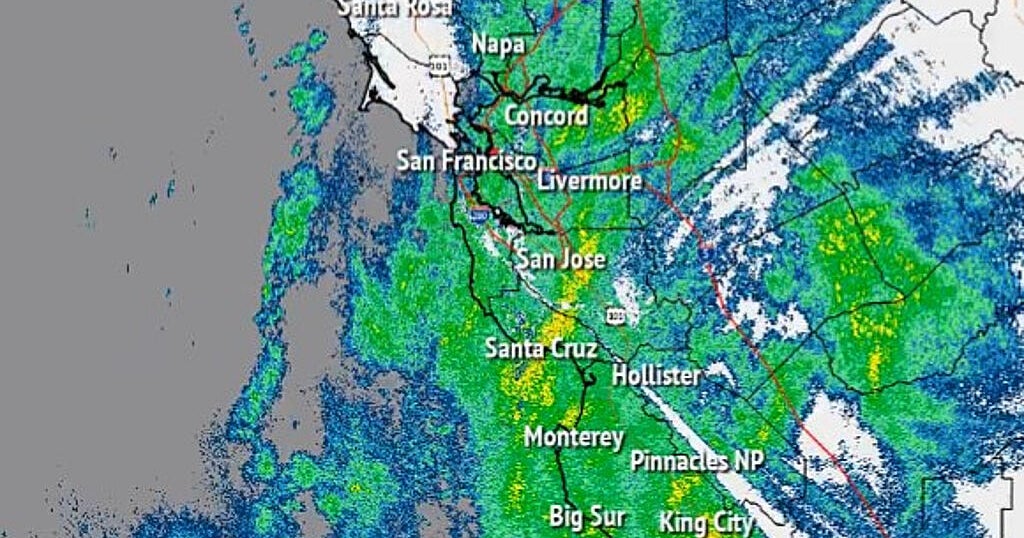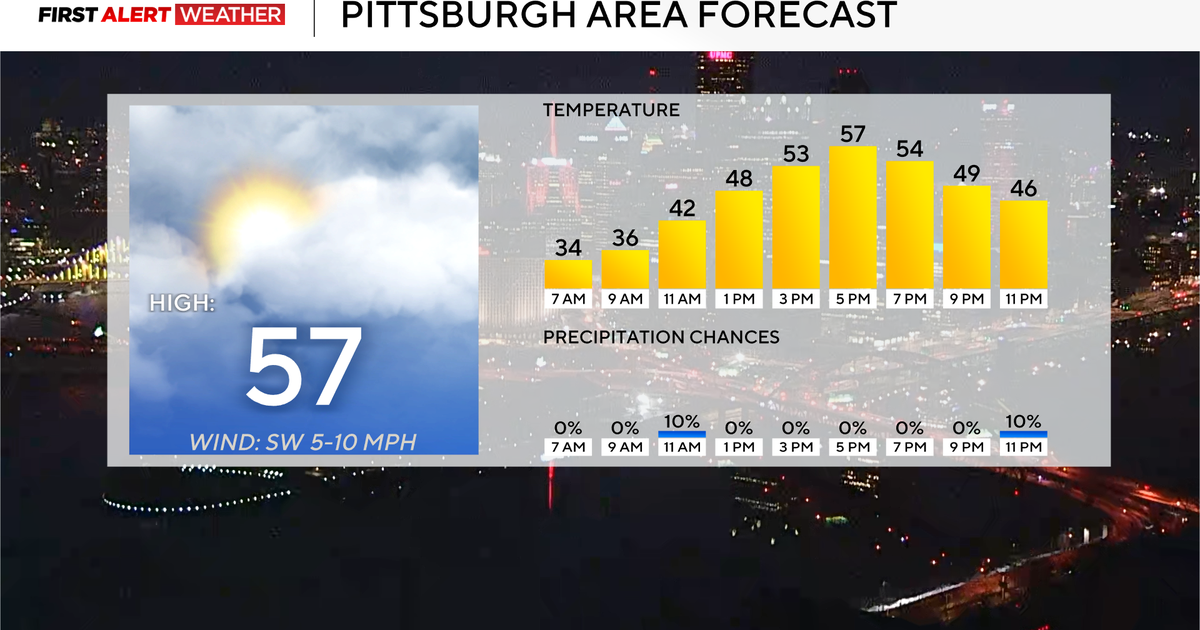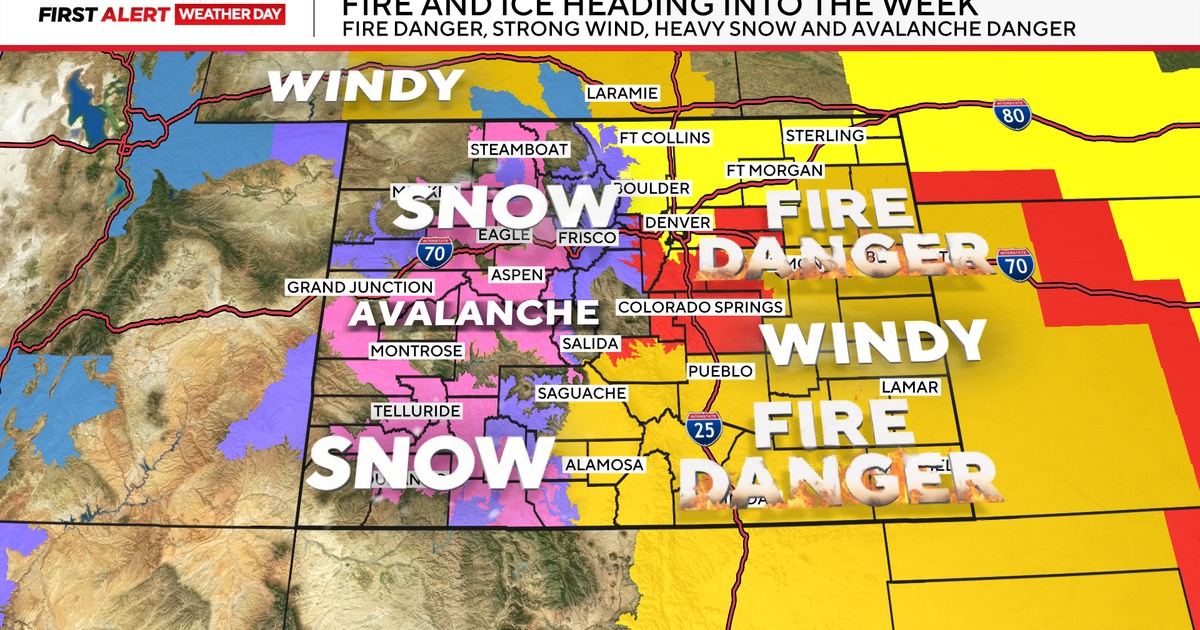Report: More Extreme Weather To Come
MIAMI (CBSMiami) -- You can blame extreme weather on climate change. That's the finding of a new federal scientific report the White House released Tuesday.
Scientists said it's sounding the loudest alarm bell yet on global warming.
Americans are already feeling the impact of global warming in every corner of the country and in a new federal study the forecast is for more extreme weather.
"Areas of the country that are already quite hot are going to get hotter....already wet places getting wetter...already dry places getting dryer," said Dr. Kathryn Sullivan of NOAA.
The National Climate Assessment looks at global warming's impact region by region. The sweeping 840-page report warns the nation needs to be prepared for superstorms like Sandy, killer tornadoes, record rainfalls and devastating droughts.
The report indicates the Southeast and Caribbean region is exceptionally susceptible to sea level rise, extreme heat events, hurricanes, and decreased water availability.
"Decreased water availability, exacerbated by population growth and land-use change, will continue to increase competition for water and affect the region's economy and unique ecosystems," states the report.
The report says the region is in for increasingly hotter days at 95 degrees Fahrenheit or above.
"Increasing temperatures and the associated increase in frequency, intensity, and duration of extreme heat events will affect public health, natural and built environments, energy, agriculture, and forestry," states the report.
According to the report,the increasingly hot days are expected to cause challenges to our health, leading to an increase in deaths.
"Atlanta, Miami, New Orleans, and Tampa have already had increases in the number of days with temperatures exceeding 95ºF, during which the number of deaths is above average. Higher temperatures also contribute to the formation of harmful air pollutants and allergens. Ground-level ozone is projected to increase in the 19 largest urban areas of the Southeast, leading to an increase in deaths."
Tourism in Florida is expected to take a hit due to the climate change, according to the report.
"Some of Florida's top tourist attractions, including the Everglades and Florida Keys, are threatened by sea level rise, with estimated revenue losses of $9 billion by 2025 and $40 billion by the 2050s," states the report.
Rising sea levels and saltwater intrusion are also expected to threaten reservation lands in Florida, causing tribes to possibly face displacement.
Some Republican lawmakers and energy groups are criticizing the report as "alarmist" and say the White House wants to use it to support government overreach.
The study recommends the U.S. change the way it uses energy, cut carbon pollution and build infrastructure to withstand the impacts of climate change.
An Associate Press analysis of federal weather records shows in the past 51 months, states have set 80 records for heat, 33 for being too wet, 12 for lack of rain and just three for cold.
Click here to view the full U.S. National Climate Assessment.







